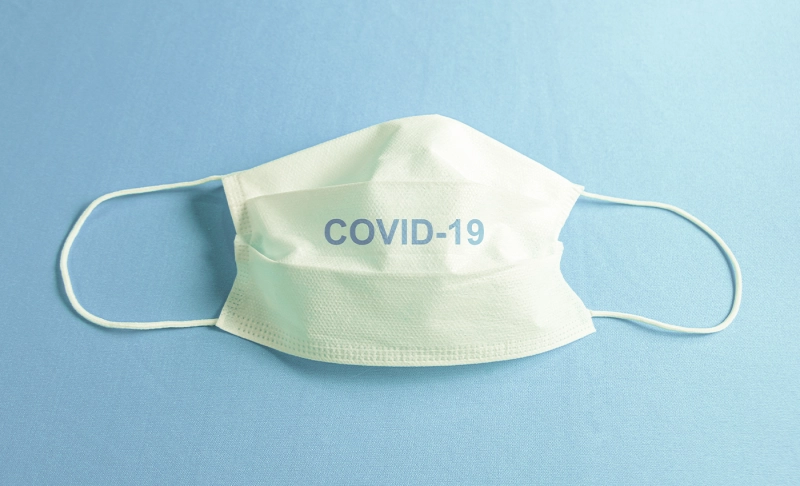By: Alice Franklin
December 10 2021
False: Since March 2020, 9 children have died from COVID-19 in the U.K.

The Verdict False
In total, 48 children have died of COVID-19 in the U.K. Of those children, 9 had no pre-existing conditions or comorbidities.
In total, 48 children have died of COVID-19 in the U.K. Of those children, 9 had no pre-existing conditions or comorbidities. The Daily Expose, a conspiracy news site, published an article on September 14, 2021, titled, "13 reasons why you should not allow your child to get the COVID-19 Vaccine." One of the claims it made was that "just 9 deaths associated with COVID-19 have occurred in Children since March 2020." The article cites data from the National Health Service website. The section "COVID-19 Weekly Total Deaths Archive" within the website keeps a record of deaths of patients who have died in hospitals in England and tested positive for COVID-19 and updates it weekly. We looked at the most recent update from August 26, 2021, and found that the total number of deaths in children since March 2020 is not 9, but 48. The figure used by the Daily Expose refers to the deaths of children with no pre-existing conditions. The subhead and the text of the Daily Expose article mix these figures to create the impression that the death total is lower than it is. The Daily Expose frames the risks of COVID-19 infection in children in such a way that it appears less dangerous than it is. The Daily Expose article cites a study titled ‘Deaths in Children and Young People in England following SARS-CoV-2 infection during the first pandemic year: a national study using linked mandatory child death reporting data.' The Daily Expose writes that the study concluded that "children are at negligible risk of death, hospitalization, or serious illness due to the alleged COVID-19 virus." The virus is not "alleged" - it is real. The study does not use the term "negligible," which would suggest that the risk is entirely unimportant. The study uses the terms "low," and "very rare" or even "extremely rare" which means that even though the chances of developing severe illness are not high, there is still a possibility. The Daily Expose uses this evidence to imply that vaccines are not necessary for children. Again, while the risks of hospitalizations or death from COVID-19 in children are very rare, it's not nonexistent. Firstly, the benefits outweigh the risks, as the risk of side effects from the vaccine is lower than the rate of hospitalizations and deaths from COVID-19. It protects children from future infections. Long-term effects of COVID-19 infection are not known, but other viral infections in childhood have been known to cause medical problems for adults later on. Additionally, vaccinating children secures an overall increase in the vaccination rate of broader society, and can slow transmission. Russell Viner, a pediatrician and professor at the UCL Great Ormond Street Institute of Child Health, and one of the authors of the study that the Daily Expose cites for this article, wrote in the Guardian that the benefits of vaccinating children outweighed the risks. He stated that after he and his colleagues analyzed data for the whole of England from the first year of the pandemic, they found that "vaccinating English 12- to 15-year-olds not already eligible for a shot could be reasonably expected to prevent two deaths and 30-40 intensive care admissions in a year, but at the cost of up to 170 to 180 cases of myocarditis – all of which are likely to be mild." He further writes, "Vaccination may also reduce post-Covid syndromes. The best estimates suggest between 2% and 14% of children and young people have multiple persistent symptoms after infection, although the great majority recover very quickly." The COVID-19 pandemic has given rise to a lot of potentially dangerous misinformation. For reliable advice on COVID-19, including symptoms, prevention, and available treatment, please refer to the World Health Organization or your national healthcare authority.


